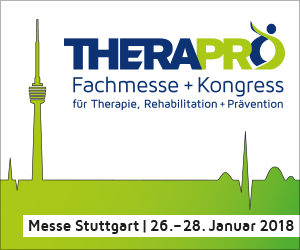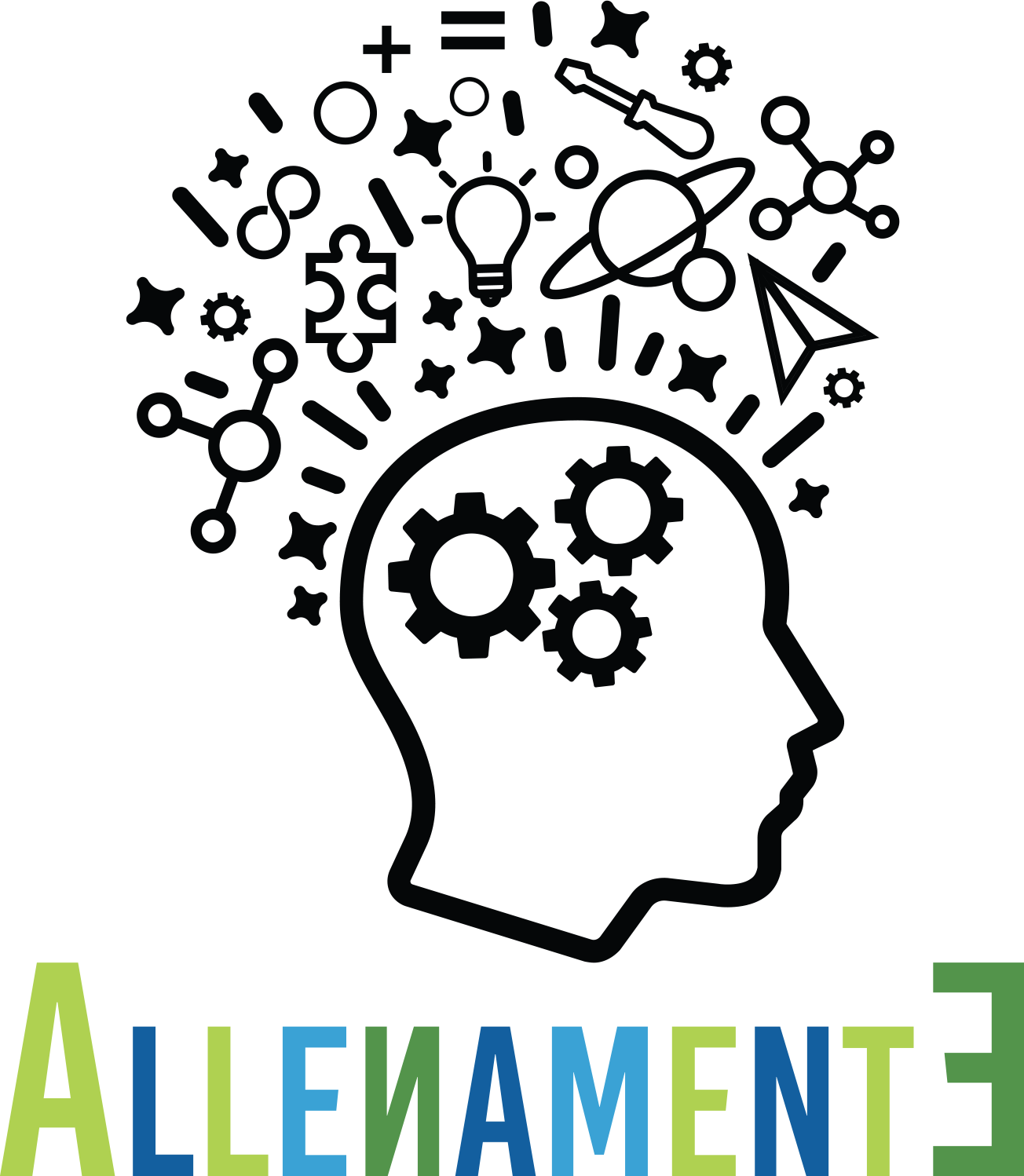
The objective of this study was to examine the effect of cognitive rehabilitation using a computer on cognitive function and activities of daily living in stroke patients presenting impairment of cognitive function. [Subjects] Forty-six stroke patients were divided into two groups (a training group and control group) through random assignment. [Methods] The training group received rehabilitation therapy and an additional computerized cognitive rehabilitation program using The RehaCom software 30 minutes/day, 5 times/week for 5 weeks. The control group received only rehabilitation therapy including physical and occupational therapy. A comparative analysis on all subjects was conducted before and after the experiment using a cognitive test and activities of daily living test. [Results] After 5 weeks of therapy, the training group presented statistically significant improvement in cognitive function assessment items of digit span, visual span, visual learning, auditory continuous performance, visual continuous performance, and others compared with the control group but did not present statistically significant improvement in activities of daily living. [Conclusion] It was revealed through this study that computerized cognitive rehabilitation with the RehaCom program results in improvement in cognitive function and can be used as a treatment tool beneficial to stroke patients presenting cognitive impairment.
https://www.ncbi.nlm.nih.gov/pmc/articles/PMC4563296/pdf/jpts-27-2487.pdf
Lina Begdache, professore presso l’Università di Binghamton ha condotto una ricerca chiedendo ad alcune persone in tutto il mondo di rispondere ad un questionario sulle proprie abitudini alimentari Food-Mood Questionnaire (FMQ), che include domande su alcune categorie di cibi. Analizzando i dati è stato riscontrato che il buon umore di giovani adulti (18-29 anni) sembra dipendere dall’assunzione di cibo che aumenta la disponibilità di alcuni neurotrasmettitori, come ad esempio la carne. L’umore dei giovani sembra dunque essere influenzato dall’accumulo di neurotrasmettitori. Il consumo regolare di carne favorisce l’accumulo di serotonina e dopamina che influiscono direttamente sul buon umore. Anche l’esercizio fisico regolare pare stimolare la produzione di questi neurotrasmettitori.
Per quanto riguarda invece gli adulti con più di 30anni, sembra che la scelta debba ricadere su cibi che contengono antiossidanti, come ad esempio la frutta, e che debbano essere evitati cibi che attivano il sistema nervoso simpatico (caffè, alcolici). Una delle principali scoperte riguarda le diete. Pare infatti che un regime alimentare restrittivo possa danneggiare la salute mentale dei giovani adulti, mentre sembra non avere lo stesso effetto sugli adulti oltre i 30anni
Dal 12 al 18 Marzo 2018, come ogni anno in tutto il mondo si celebra la settimana di consapevolezza sul cervello. Una campagna creata per aumentare la consapevolezza sulla scienza del cervello, che riunisce scienziati, famiglie, studenti.


